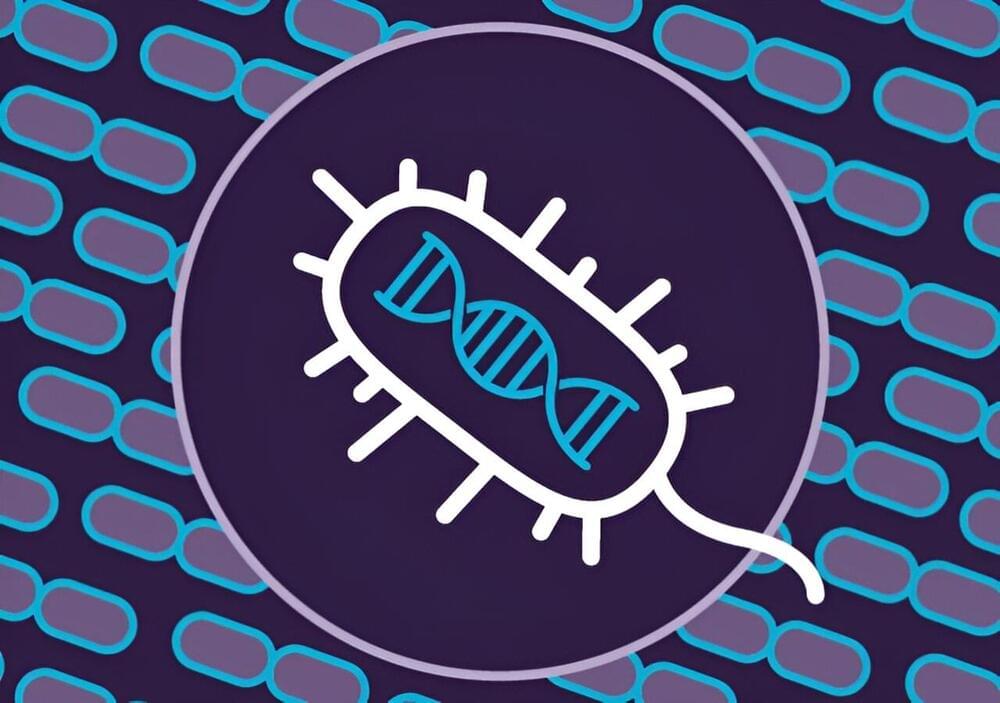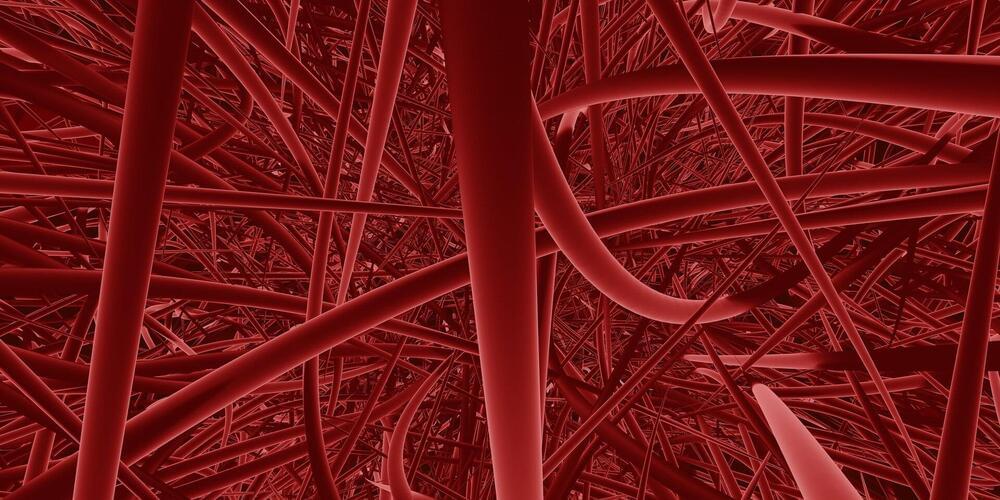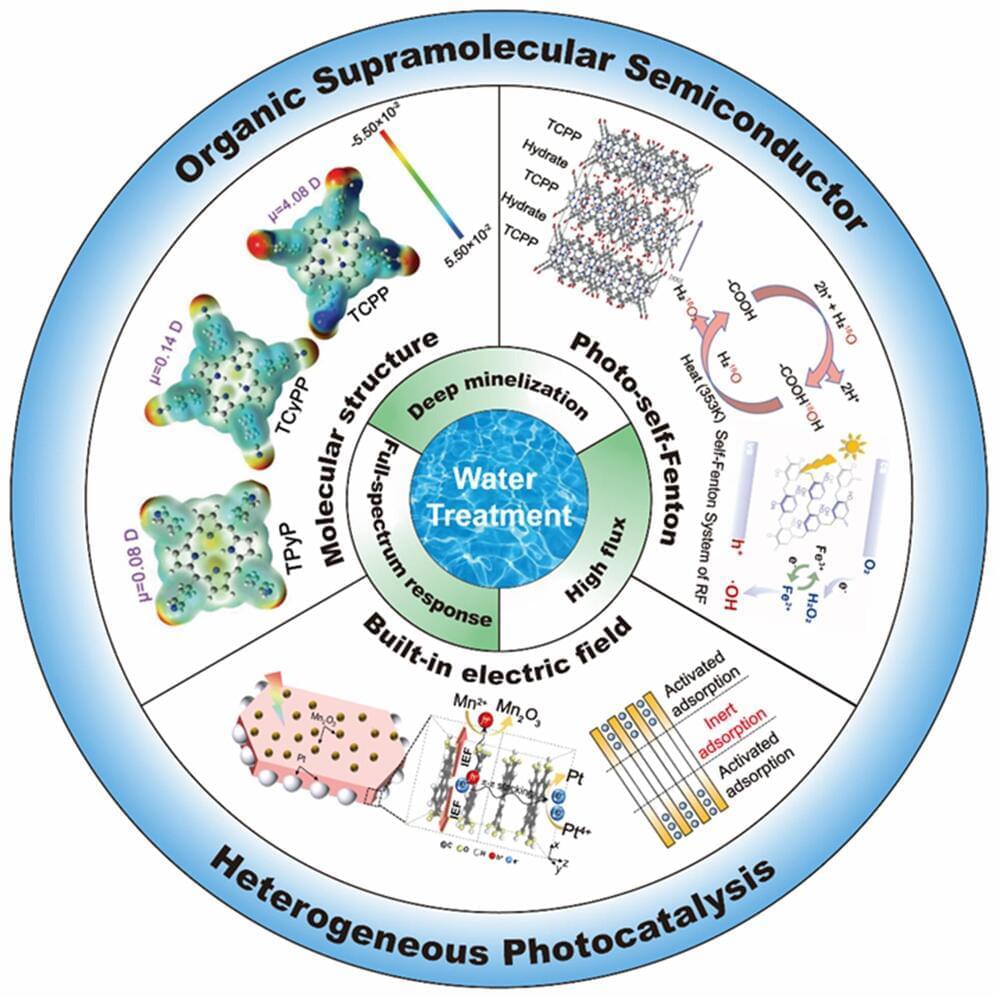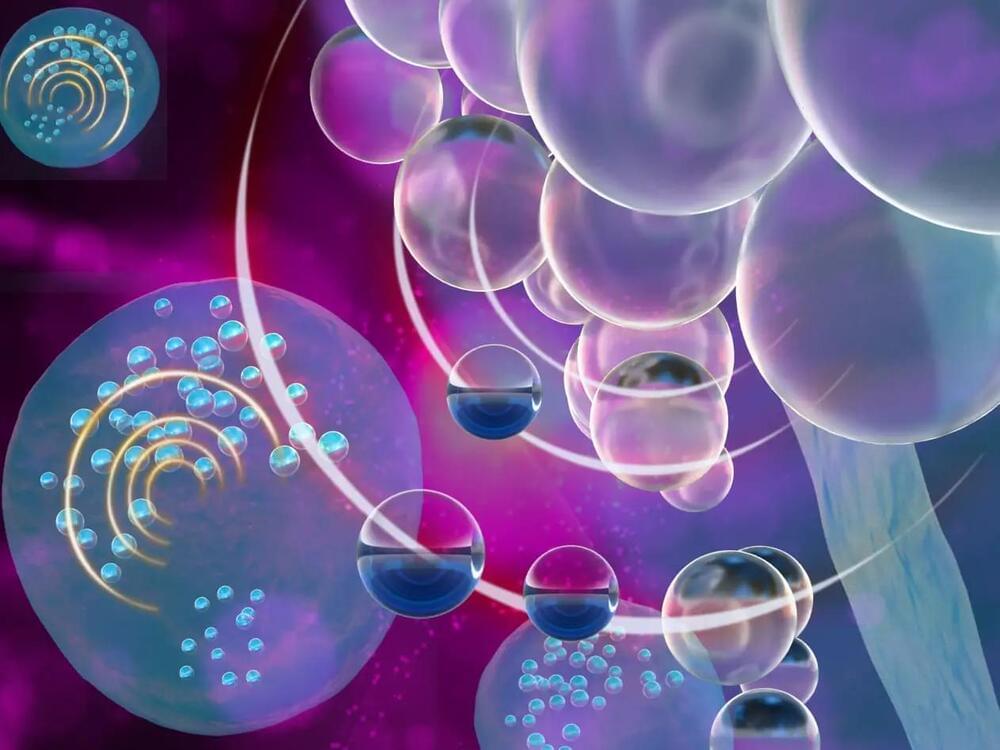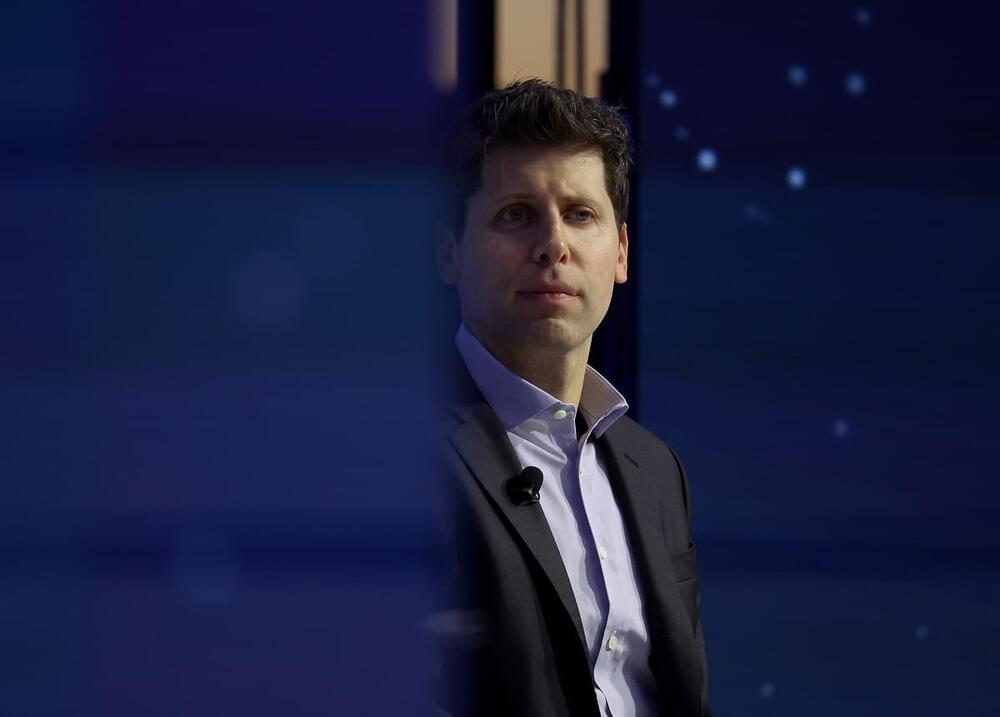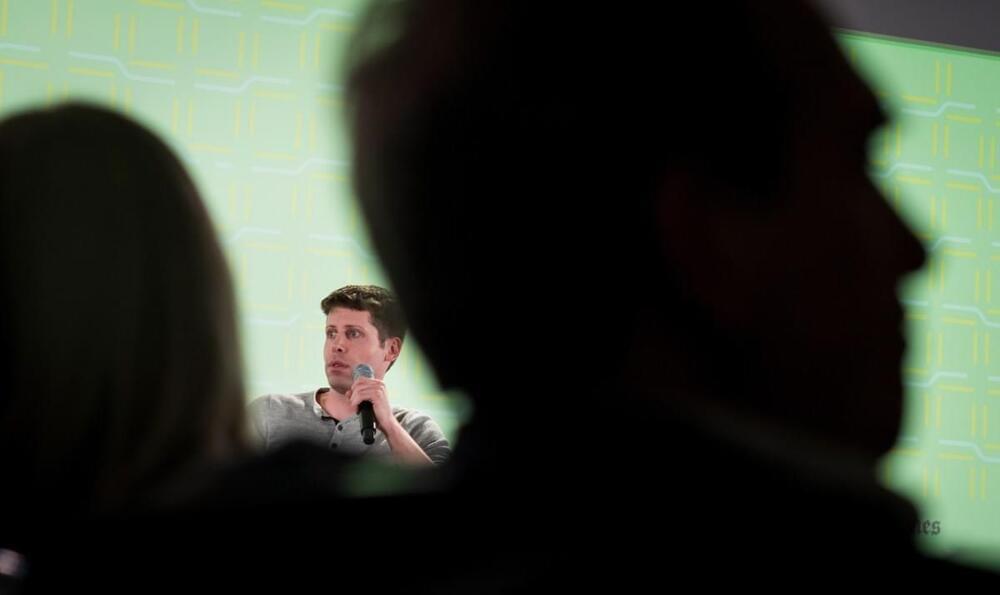Nov 24, 2023
Search algorithm reveals nearly 200 new kinds of CRISPR systems
Posted by Genevieve Klien in categories: biotech/medical, health, information science
Microbial sequence databases contain a wealth of information about enzymes and other molecules that could be adapted for biotechnology. But these databases have grown so large in recent years that they’ve become difficult to search efficiently for enzymes of interest.
Now, scientists at the Broad Institute of MIT and Harvard, the McGovern Institute for Brain Research at MIT, and the National Center for Biotechnology Information (NCBI) at the National Institutes of Health have developed a new search algorithm that has identified 188 kinds of new rare CRISPR systems in bacterial genomes, encompassing thousands of individual systems. The work appears in Science.
The algorithm, which comes from the lab of CRISPR pioneer Feng Zhang, uses big-data clustering approaches to rapidly search massive amounts of genomic data. The team used their algorithm, called Fast Locality-Sensitive Hashing-based clustering (FLSHclust) to mine three major public databases that contain data from a wide range of unusual bacteria, including ones found in coal mines, breweries, Antarctic lakes, and dog saliva.
